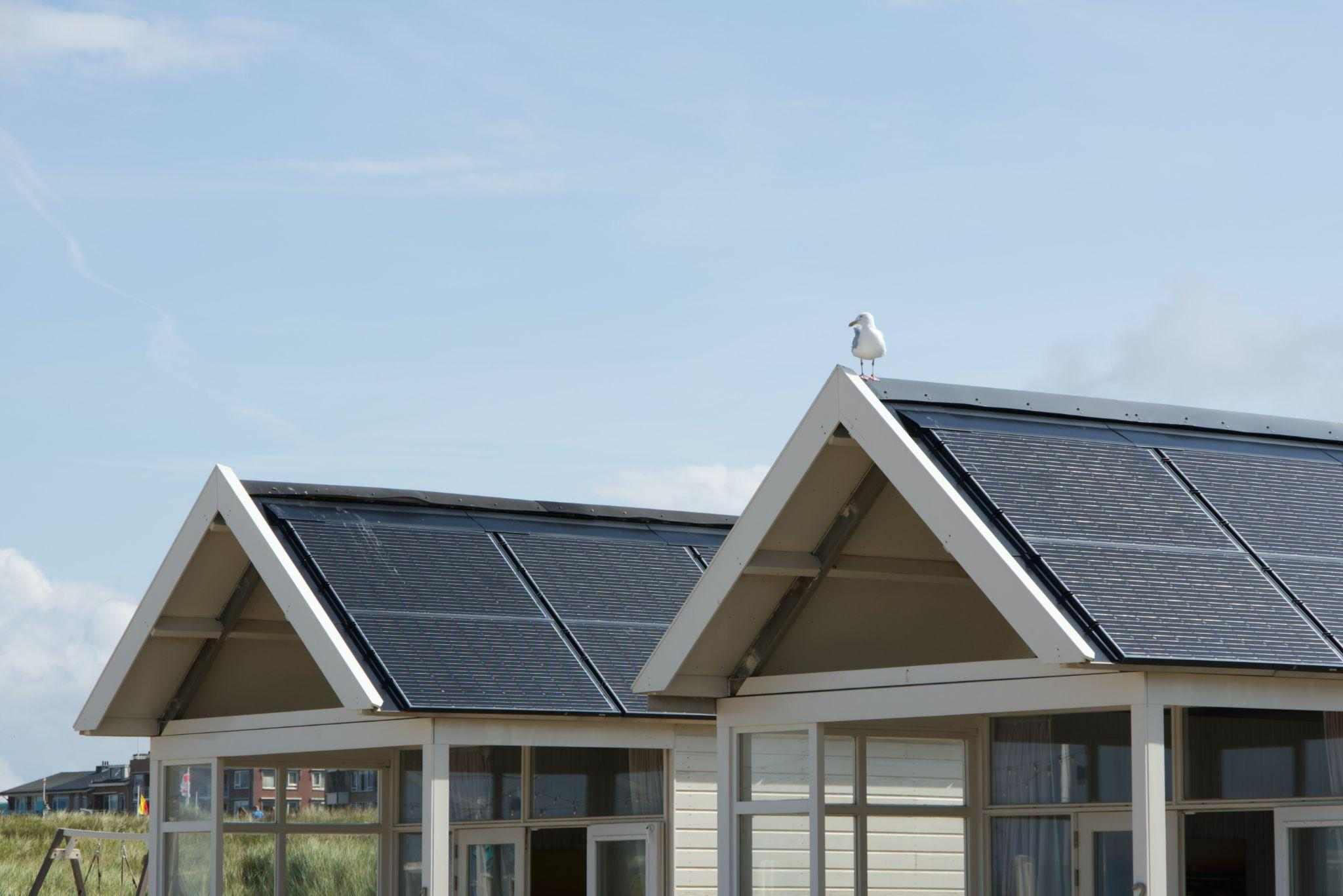In recent years, the convergence of real estate and smart technology has fundamentally altered the landscape of housing and property management. As sustainability becomes an increasingly significant priority for homeowners and investors alike, smart technology is paving the way toward efficient, eco-friendly, and cost-effective living spaces.
Top Smart Technology Upgrades with High ROI: A Deeper Dive
The concept of smart homes has evolved from being a luxury to a new standard in real estate, offering promising returns on investment (ROI) and encouraging a sustainable lifestyle.
From smart thermostats and energy-efficient appliances to intelligent lighting and solar energy systems, these technology upgrades have become key elements in modern homes.
Smart Thermostats: Automated Climate Control
Smart thermostats serve as the central command hub for home climate control, offering an exceptional blend of comfort, convenience, and energy efficiency.
These devices can be programmed to adjust the temperature according to different times of the day, with some models learning your schedule and preferences to make these adjustments automatically.
Smart thermostats provide homeowners with detailed energy usage reports, empowering them to make informed decisions about their consumption patterns. The potential savings on heating and cooling bills make this upgrade a wise investment with a high ROI.
Energy-Efficient Appliances: Green Technology for Everyday Living
Energy-efficient appliances are reshaping households, delivering high performance while minimizing environmental impact. These smart appliances come equipped with advanced features like energy-saving modes, automatic shutdowns, and efficient cycles that reduce water and electricity consumption.
Whether it’s a smart refrigerator that alerts you when you’re running low on groceries or a washing machine that uses an optimal amount of water and detergent, these devices offer convenience, contribute to substantial savings on utility bills, and enhance the property’s appeal to sustainability-minded buyers.
Smart Lighting: The Bright Side of Efficiency
Lighting accounts for a significant portion of a home’s energy usage, making it a primary target for smart technology upgrades.
Smart lighting systems offer adjustable brightness levels, motion detection, and even color-changing features. Controlled via smartphones or voice commands, these systems allow homeowners to schedule lights to switch on or off at specified times, reducing unnecessary power usage.
Many smart lights use LED technology, which is far more energy-efficient than traditional incandescent or CFL bulbs.
Solar Energy Systems: Harnessing the Power of the Sun
Solar energy systems represent a considerable investment with substantial returns. These systems enable homeowners to generate their own electricity, reducing dependence on the grid and lowering monthly energy bills.
While installation costs can be substantial, federal tax credits and state incentives can help offset these initial expenses.
With the increasing interest in green energy, homes equipped with solar panels often have higher property values and sell more quickly than homes without them. This not only makes solar panels an environmentally responsible choice but also a financially sound one.
The Intersection of Smart Tech and Sustainable Living: Exploring Deeper
As we navigate the age of technology and sustainability, the integration of smart tech in the realm of real estate serves a dual purpose. It not only amplifies property value and brings about significant reductions in energy consumption, but it also fosters sustainable living and contributes towards a greener future. Here’s how smart tech intersects with sustainable living.
Promoting Energy Efficiency: A Smart Approach
Smart technology serves as an incredibly powerful tool in monitoring and managing energy usage with increased efficiency. Devices like smart thermostats, lighting, and energy-efficient appliances can be programmed and adapted to align with a homeowner’s daily routines and lifestyle.
This allows for more precise control over energy consumption, thus reducing energy waste and promoting a culture of efficiency. Some devices provide insightful reports on energy usage patterns, equipping homeowners with the knowledge to make more energy-efficient choices.
Reducing Environmental Impact: The Eco-friendly Impact of Smart Tech
The role of smart tech in diminishing a household’s environmental impact is significant. Through the reduction of energy consumption and the harnessing of renewable energy sources, smart technology substantially minimizes the carbon footprint of residential properties.
Solar panels harness the power of the sun to generate electricity, a process that emits no harmful greenhouse gasses.
Likewise, smart water systems equipped with leak detection and usage monitoring can significantly curb water wastage, thereby conserving an essential resource. Thus, by minimizing the environmental harm associated with residential properties, smart tech is playing a pivotal role in the preservation of our planet.
Facilitating Conscious Living: Smart Tech and Mindful Habits
Beyond simplifying and automating home management, smart technology serves as a catalyst for conscious living.
With real-time data on energy and water usage, homeowners are equipped with the knowledge to make more informed decisions about their daily habits and resource consumption. The visibility provided by smart technology can often lead to an increased sense of responsibility, fostering a lifestyle that’s more considerate of the environment.
The use of smart tech can empower homeowners to take proactive measures toward maintaining their homes in a more efficient and eco-friendly manner. Therefore, smart tech is not just about the convenience and efficiency it brings to households; it’s also about promoting a culture of sustainability and conscious consumption.
Endnote
The integration of smart technology into real estate is an exciting development that promises a sustainable future for a living. By leveraging technology to optimize energy use, reduce waste and carbon footprint, and increase overall efficiency, smart homes and buildings have the potential to significantly lower environmental impact and energy costs for homeowners and building operators alike.
With the continued growth of smart homes and building technology, we can expect to see even more sophisticated solutions tailored to the unique needs of residents and tenants. As the demand for sustainable living continues to increase, the integration of smart tech in real estate is poised to become a key factor in deciding where people choose to live and work. The future of sustainable living is here, and it is looking very smart indeed.
































































